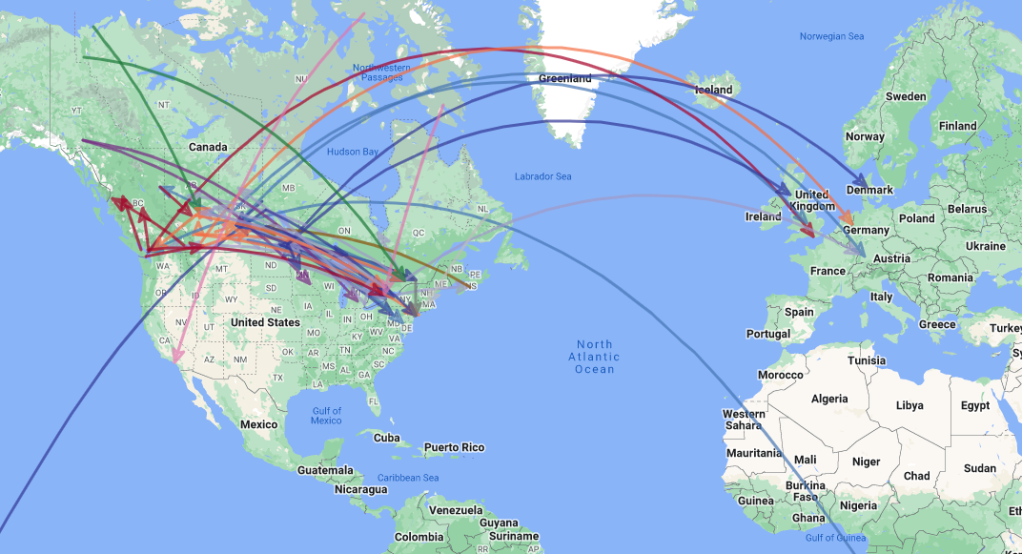PART 1: ‘We’re invisible’: Amid residential school reckoning, ’60s Scoop survivors in B.C. want action
PART 2:
Fialka Jack-Flesh had not yet taken her first steps in the world before she entered the foster care system.
Her mother, a residential school survivor, was unable to take care of her, and she was taken into care at just eight months old.
“I was removed from my mom’s care originally because she grew up in residential school and she was deemed very unsafe at the age that she had me,” Jack-Flesh said. “She had me, I think, like seven years after she showed up for residential school. So not that long.”
It has been 10 years since Jack-Flesh aged out of government care.
Sometimes, it seems as if it was just yesterday.
For Jack-Flesh, aging out of government care, she said, was jarring and devastating.
“It’s kind of like being thrown off a f–king cliff. If I’m going to be very honest with you guys.”
Documenting the dispersal of children has fallen to grassroots groups like the Sixties Scoop Network, which has tried to map where Indigenous kids were “trafficked” as far away as Denmark and New Zealand, said co-founder Colleen Cardinal.








No comments:
Post a Comment
Please leave a comment.